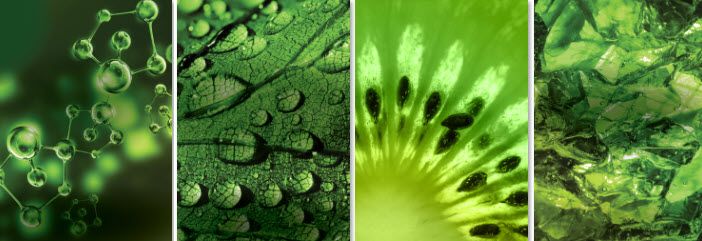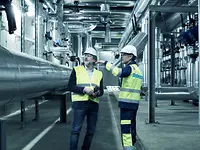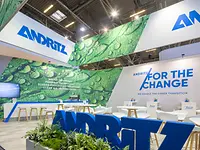Our solution:
Fully automated Krauss-Maffei dynamic crossflow filters
The Krauss-Maffei dynamic crossflow filter, with overlapping ceramic membranes was the right solution. The hermetic design is ideal for pharmaceutical applications. Optimum separation and quality is ensured thanks to the single-pass filtration concept and minimum thermal and mechanical impact. The lower impact comes from the reduced feed pressure and the fact that the trans-membrane pressure is homogeneous across the entire surface as there are no inlet or outlet zones in the membranes. Since 2012, Novo Nordisk has purchased several lab-scale test units and pilot equipment to evaluate the technology before accepting delivery of GMP dynamic crossflow filters in 2019 with their respective sensors and actuators. They chose the DCF-technology due to its outstanding process performance, for example filtration speed and solids concentration in multiple test samples. But the control system also played a major role. With one of the most innovative automation solutions on the market today, which is based on the Metris addIQ control system, ANDRITZ also provided the entire control system, incorporating all GMP-relevant software functions and enabling a fully automatic process. The measurements of the calibrated instruments are logged and quality reports are generated so compliance to specification of any batch produced can be verified at any given time. Every operator action is logged with user identification, and every modification of the operation recipes is also logged, and a very strict change control system is implemented.









